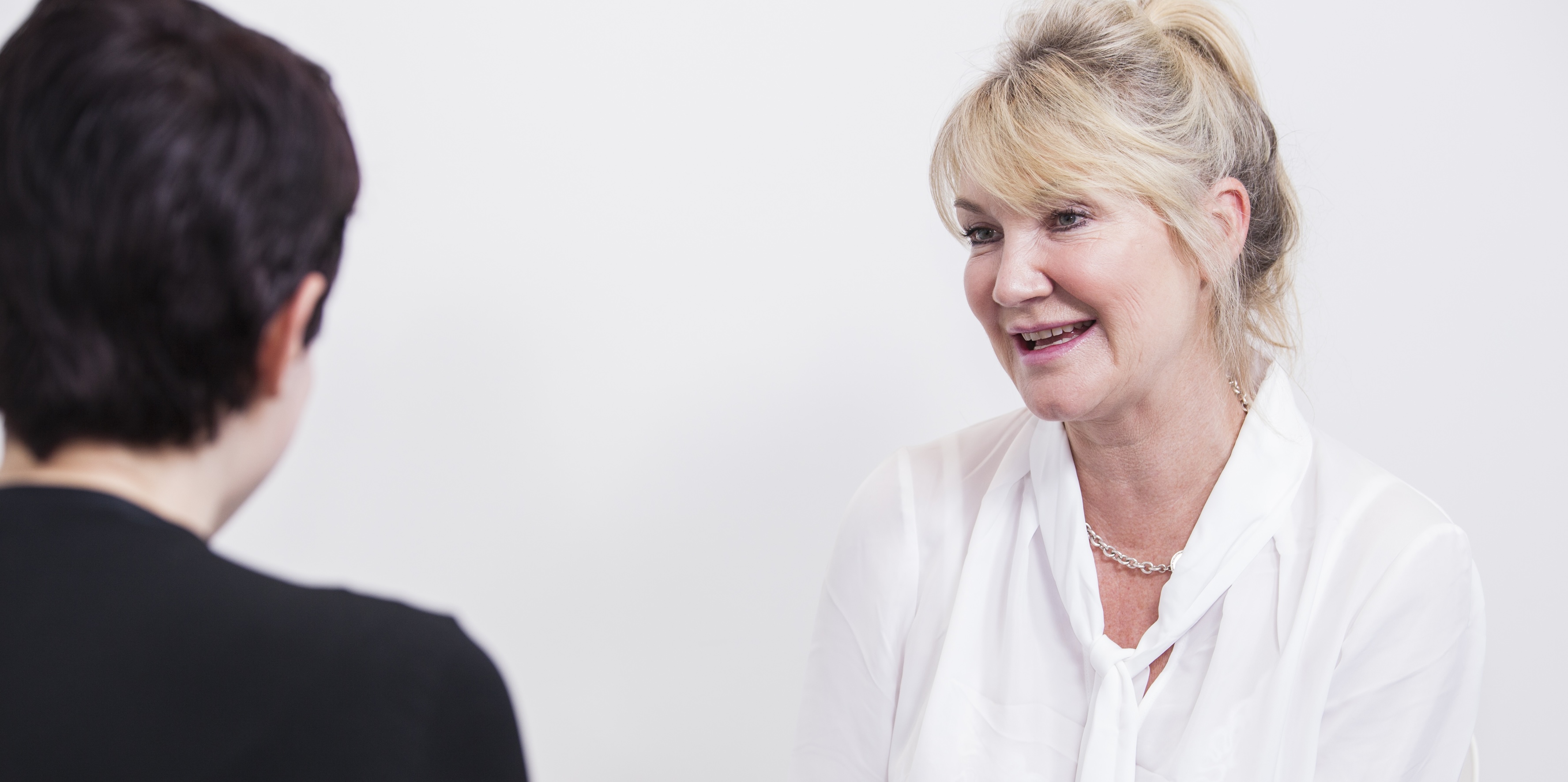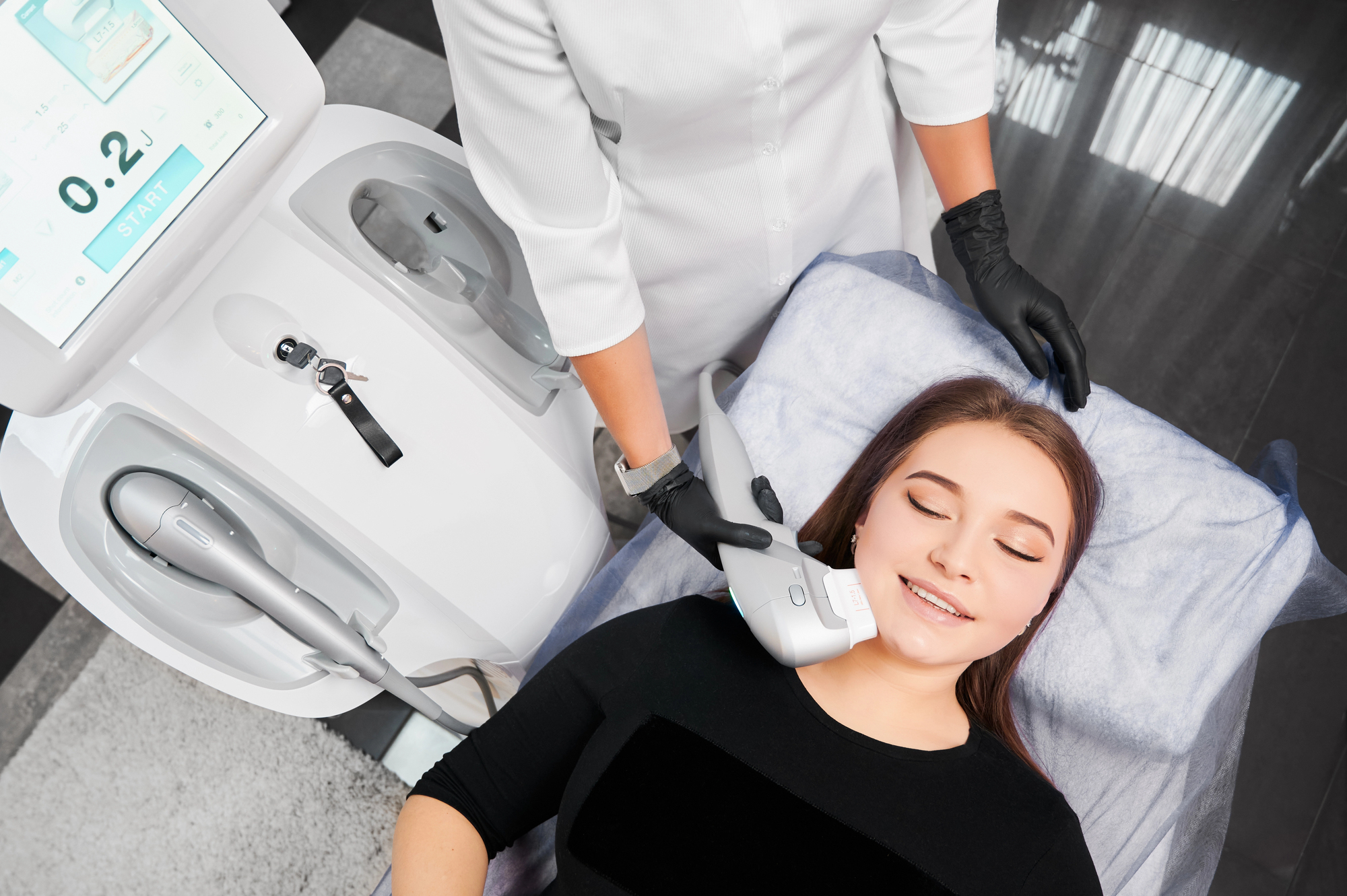Rashes, eczema and psoriasis
Rashes, eczema, and psoriasis are common skin conditions that cause redness, itching, and discomfort. Find out about their causes, symptoms, and effective management strategies to soothe and improve skin health.


What are Rashes, eczema, and psoriasis?
Skin can become sensitive and reactive at any point in our lives, resulting in rashes, itchiness, dryness and redness. These symptoms can indicate a reaction to something your skin has come in contact with, including skin care, detergents, cleaning products and also food and drink you consume. More severe cases may be considered an allergic reaction. If you get a skin reaction like this, we recommend seeing your GP in the first instance to determine the best next step.
More persistent redness, blotchiness, dryness, itchiness and scaly or bumpiness may be eczema or psoriasis. Both these conditions are chronic and there is no known cure, so treatment focuses on managing the symptoms, identifying the triggers that cause flares and avoiding them.
Eczema and psoriasis are thought to be largely genetic. Eczema is often linked to hay fever, asthma and psoriasis is related to a misfunctioning of the immune system.
Triggers can include exposure to certain plants, animal hair and saliva, dust mites, perfumes, detergents, hair dyes, excessive water exposure (i.e. over washing hands). Eczema can often be worse in childhood and may abate with age.
Psoriasis is also considered an autoimmune condition, meaning the immune system malfunction, resulting in a proliferation of cells, creating the bumpy, rough patches of skin. Triggers for psoriasis also include stress, infections, skin injuries, long or hot showers, smoking, alcohol and winter, which can dry out skin.
What are the risks of eczema and psoriasis?
Because the skin can develop fine cracks with these conditions, there is a risk of skin infections. Mental health issues can arise due to the distress of constant itching and self-consciousness because of the appearance of skin. In severe cases, individuals may find they need to change professions due to the exposure to triggers they face in their current line of work.
Treatments for rashes, eczema and psoriasis
Once your skin has been reviewed by a dermatologist and correctly diagnosed, there’s a range of treatments available. These include topical steroids, prescription creams, oral medications and lifestyle changes. In addition to avoiding the triggers mentioned above, lifestyle changes may include shorter, cooler showers, moisturising skin effectively and using over-the-counter products to help prevent further flares.
Corrective Treatments
Lorem ipsum dolor sit amet consectetur. Aliquam aliquet ultricies erat diam ut lorem nunc mauris vestibulum.
Our Practitioners
The doctors at Neutral Bay Laser & Dermatology Clinic are highly trained medical professionals, with a caring and compassionate outlook, and a commitment to delivering exceptional results for our patients.

Dr. Terence Poon is the medical director of Neutral Bay Laser & Dermatology Clinic. He is a dermatologist and laser specialist. He has trained extensively in Australia and internationally, in the laser-responsive cosmetic aspects of dermatology.
He undertook a fellowship with Dr Jim Walter, who pioneered the use of lasers in dermatology in Australia and who founded our clinic, which was the first full time laser dermatology clinic in Sydney.

Dr Marianne Nolan has been with the clinic for over two decades and is very experienced in all aspects of laser treatments and related cosmetic procedures. Her meticulous record of safety and competence has earned her a huge following of dedicated cosmetic skin care patients, who also enjoy warm, caring manner. She trained extensively with our founder, Dr James Walter, and has attended regular training programmes and conferences in Australia, Europe and the USA. Together with Dr Walter, she is co-developer of our bespoke rejuvenation treatments, the Walter Nolan Multi-Laser Procedures.

Dr Helena Torpinski has been with our clinic for nearly two decades. Her bright and lively manner continues to ensure she is popular with our patients. Helena works as a GP in Newtown when she is not at our clinic and this adds a great breadth of knowledge and understanding to her engagement with patients. She has expertise in all forms of laser and light-based treatments and has a commitment to ongoing education, training and regular conference attendance.














































